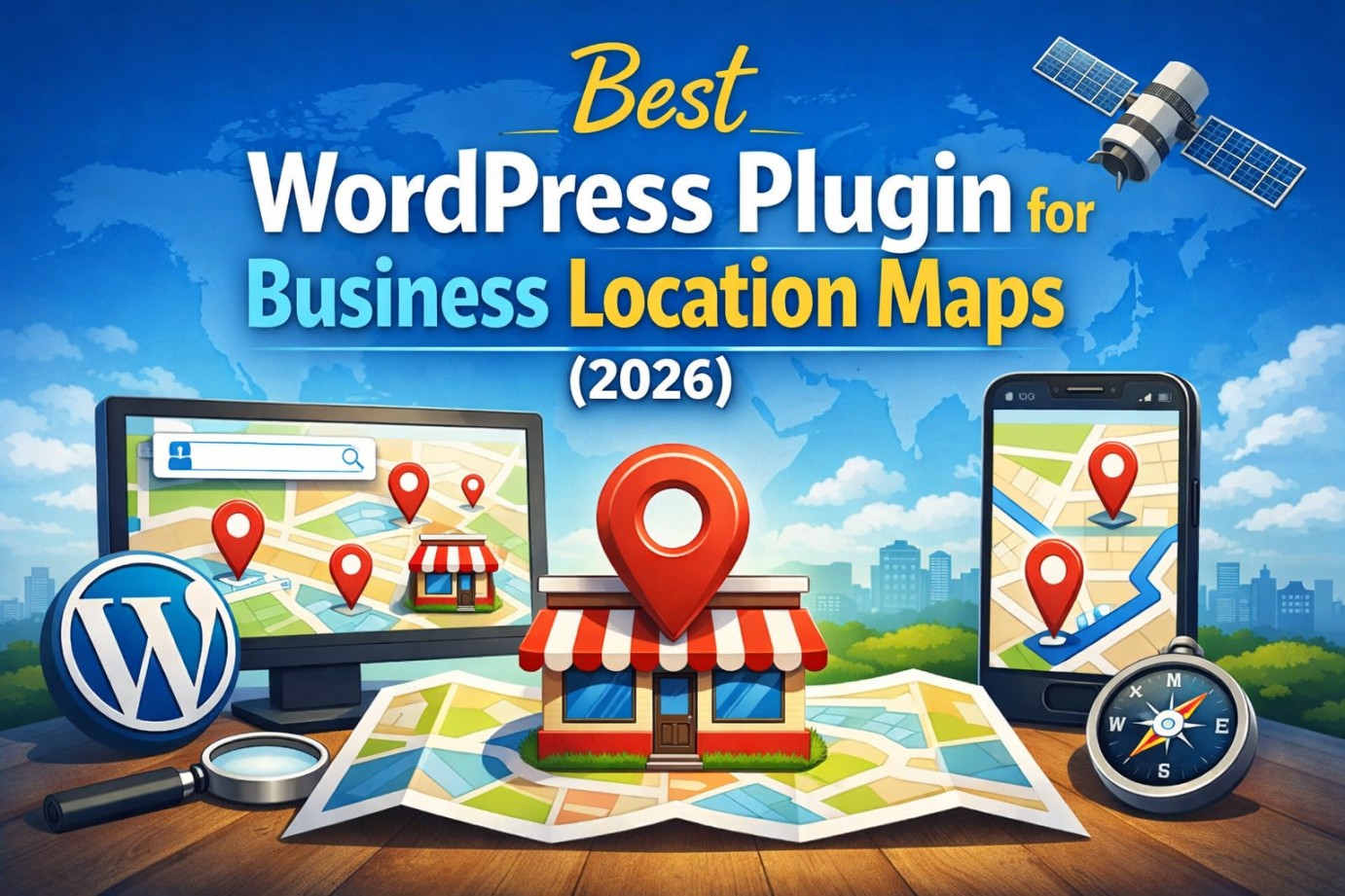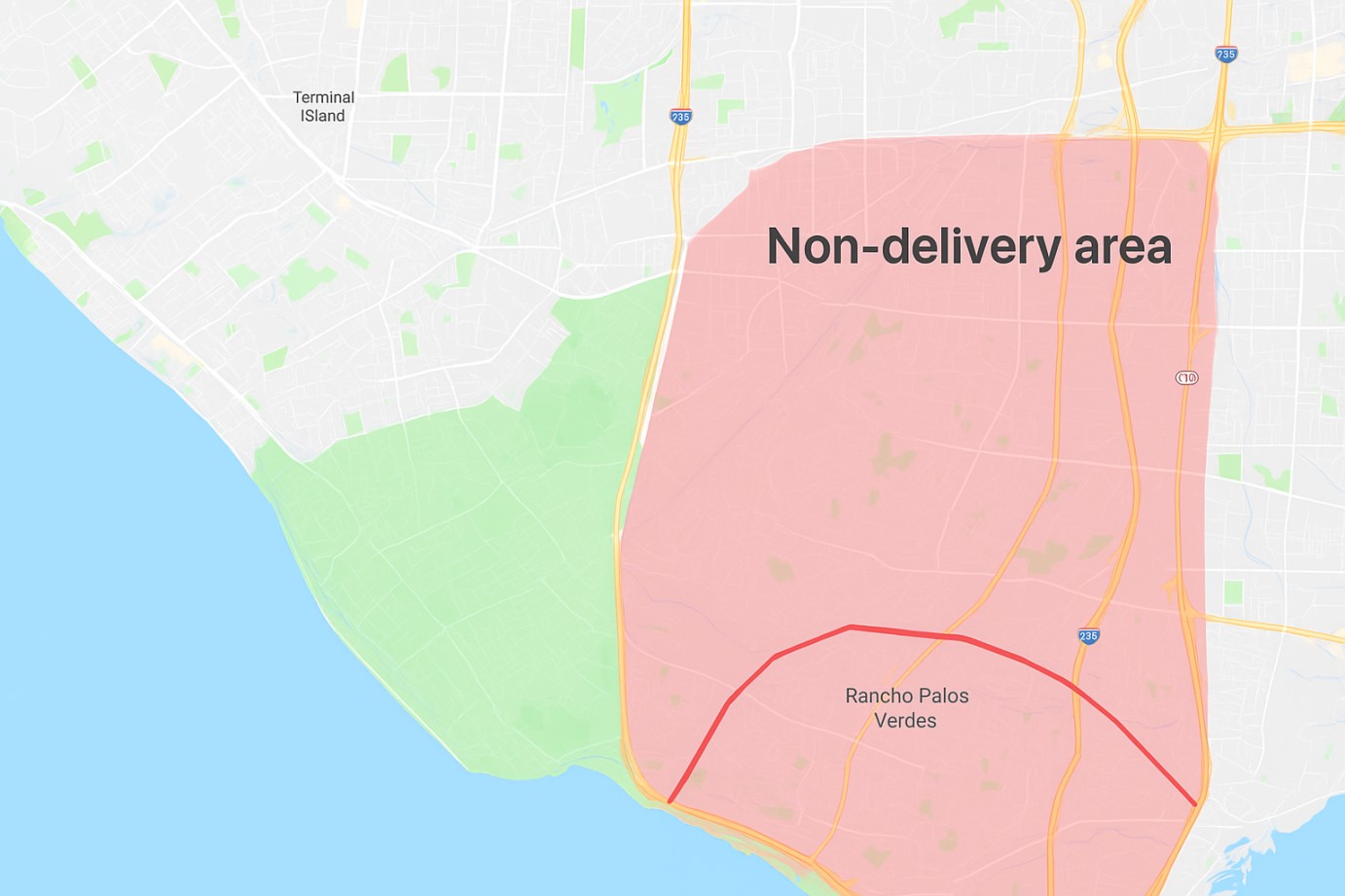This website uses cookies so that we can provide you with the best user experience possible. Cookie information is stored in your browser and performs functions such as recognising you when you return to our website and helping our team to understand which sections of the website you find most interesting and useful.

Local Search Engine Optimization (SEO) is a significant technique for obtaining a higher rank in Google search results. A higher ranking website is known by the public and potential customers of the business. Local SEO focuses on exposing your business in front of local people residing physically near it. Thus it increases site’s traffic and scales up revenue.
As per Google’s new algorithmic update, it will give more importance to the local search results and integrate them into the organic searches to build up overall results. Google will penalize websites using backlink patterns, anchor text uses and manipulative link building tactics to misguide the end users. Thus it will be significant for internet marketers to plan their strategies accordingly.Some safe, suitable and fruitful practices for Local SEO that can be used by webmasters to keep up with their Google rankings are mentioned below:
Focus on On-Page Optimization
The initial point of your SEO campaign is the website itself. On-page SEO technique refers to giving precise information regarding your website that will enable Google to register your site with the apt details including the title, address, contact info etc.
The title tag is a major factor which must be appended with the location drastically influencing your SEO. Make sure to include the location in the header and content tags also. Get authorship in place to build authority and provide strength to your posts.
Use Rich Snippets markup code like schema tags to make search engines understand the information on your website and provide richer results. Rich snippets are valid for information like
- Reviews
- People
- Products
- Businesses and Organizations
- Recipes
- Events
- Music
You can use Google’s testing tool to test the implemented markup.

WP Posts Pro
An easy tool as an alternate to these markups is the Google Data Highlighter which allows you to highlight sections of your content and apply the relevant tag to it.
Check for N.A.P. Consistency
Thoroughly check your current online presence and claim your profiles over business directories like yellow pages. These sites normally get high traffic and rank high. See if your business name, address and phone number, i.e. N.A.P. is consistent. Variation in this information can make it difficult for people to recognize exact business details. Google also treat them as different businesses so update them immediately.
Tools like getlisted.org and yext.com can help you check NAP consistencies. They will display all your online listings where you can fix differences. You can also add your listings to the directories from where your listings are missing boosting up your local SEO.
Niche Research and Citation Building
Before you start off with the citation process for a strong local SEO give a comprehensive search over some important, popular and reliable local directories of your specific niche. Google’s Penguin algorithm supports quality of citations on the high ranked sources. The more is your web presence, the higher your ranking. But do not ignore the fact to ensure accurate and consistent business profiles all over the web to establish and authenticate your business. Here are some popular submission directories by categories.
Sign Up for Google Authorship
If you use the markup rel=”author”, Google will distinguish you as an author and not a spammer with lots of authority, credibility, enhanced listings in the search results. The content you post will stand out and appear with your headshot, link to your G+ profile and search results relevant to you that surely will increase your traffic and click-through-rate (CTR). To sign up for Google’s authorship, click here. Now you can link your content to your Google+ profile using the following within anchor tags:
[Google + profile URL]?rel=author
Guest Blogging on Local Niche Blogs
To get high-quality natural backlinks for your website the most powerful technique that is being used today is guest blogging at local niche blogs. This allows you to publish your business N.A.P. details in the post and make your website more visible in the local organic searches.
You can search for local niche blogs using your site keywords or location like:
- inurl: location “guest post”
If you are accepted as a guest blogger, you can post your content and enjoy the quality backlinks.
Create a Page for Each Location
Google’s Penguin 2.0 has made it mandatory to create separate pages for all those businesses that have different locations. Google is now emphasizing more on local searches to provide accurate results for locality based queries unlike before when local results were segregated in the listings. If you have a business that is distributed to multiple locations, then make sure to make individual pages for each location mentioning every detail. In addition, upload useful pictures, videos and share valuable information. This will not only engage your visitors but also help to rank you higher.
Utilizing Social Media Buzz
The growing trend of social media today is largely affecting the google search results and website rankings. To get optimum benefit of this medium for local SEO campaign, Register your presence on social networks like Google+, Facebook, Twitter, LinkedIn, YouTube, Foursquare, and Pinterest giving all your business details including address, contact information. etc. Social media also provides the advantage to connect with your current and potential customers, create brand awareness and get mouth publicity too.
The graph search of Facebook is also a form of local search engine making it an important citation.
Comment on Local Blogs
Commenting on authority local blogs of your niche can have a sound influence on your SEO, link building, brand awareness and incoming traffic. The strategy is to indulge in online discussions and make positive contributions. For local specific commenting, you can hit Google and search for some local and your keyword related blogs like:
- inurl:location “keyword”
- inurl:location “keyword” comment
You can also read to random niche posts that you find interesting and leave relevant comments. You can link these comments to your website’s domain, your local business page etc. Do not provide spam comments for more link building. This may not only get your comments disapproved but also hamper your online image.
Forum Posting
The forum is an online community where members with common interests have open discussions, share knowledge and seek help by posting questions that are answered by other forum members. Since fresh content is important for Google’s algorithm, therefore, forum posting either in form of a new thread or replying existing ones with a few links to your website in the signature can potentially affect your rankings. But remember to post only in relevant forums with PR > 2 to build quality backlinks. The more you make informed comments and threads, the more one way links your websites will get.
Social Bookmarking
Social bookmarking is saving and categorizing web pages of a website not on the web browser but in a public location on the web itself. Since the bookmarks create are online, you can easily share them. Since social bookmarks are online, consist of anchor tags and are shared and stored publicly, they can be crawled by search engines. Social bookmarking involves saving bookmarks online so you can access them from any computer as well as share them with others. A large number of websites like Google+, Facebook, Twitter, Furl, Backflip, ma.gnolia, and del.icio.us etc. allow you to bookmark.
Cleaning Up Your Link Profile
Create backlink reports for your site using Google’s Webmaster Tools on regular basis and check the status of each backlink, either good or bad to start with the cleanup process. Ensure to remove all the bad backlinks, for this, you can contact the link publishers to take them down. But if the links still exist you can use Google’s Disavow Tool. But use this feature only if a large no. of spam or low quality links harming your website because if used incorrectly, it can drastically hamper your website’s performance.
Explore the latest in WordPress
Trying to stay on top of it all? Get the best tools, resources and inspiration sent to your inbox every Wednesday.




